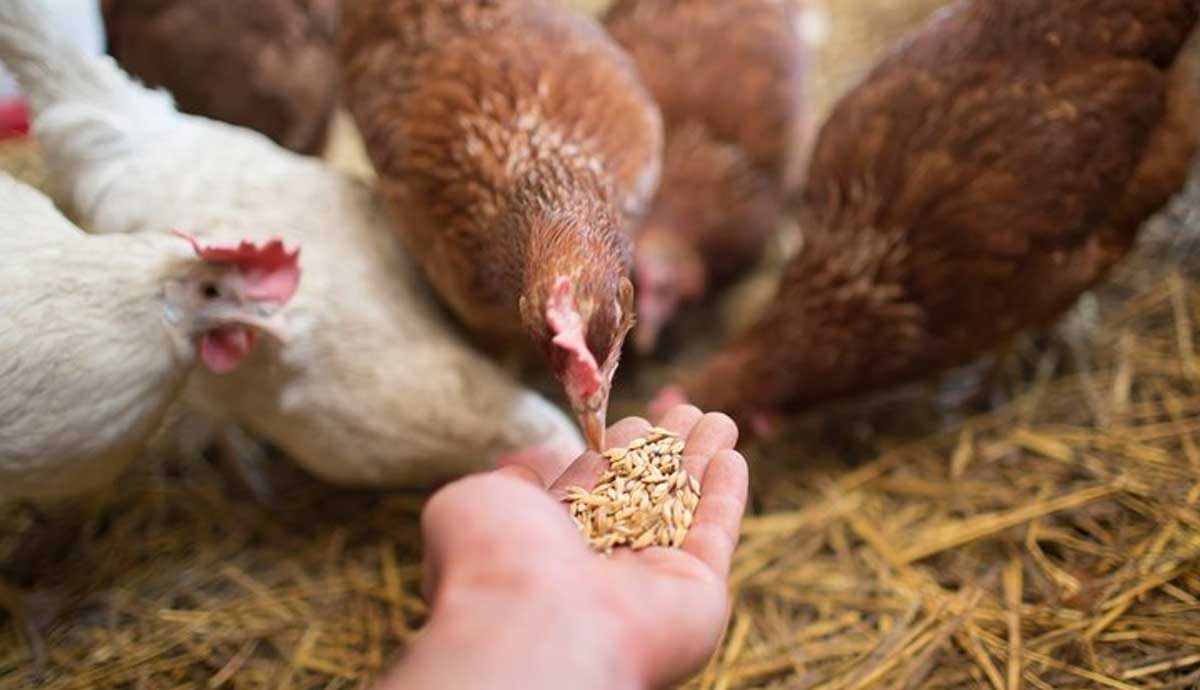How to Buy Quality Animal Feeds in India
To buy quality animal feeds in India, you'll need to consider several factors and follow certain steps to ensure you are getting a product that meets the nutritional requirements of your animals. Here's a step-by-step guide:
1.) Identify Your Animal's Needs:
Determine the specific nutritional requirements of your animals. Different species (e.g., cows, poultry, goats) have varying dietary needs based on age, purpose (e.g., dairy, meat production), and health conditions. Consult with a veterinarian or an animal nutritionist to understand these requirements.
2.) Research Local Suppliers:
Look for reputable animal feed suppliers in your area or region. You can find them through online searches, agricultural supply stores, recommendations from other farmers, or by contacting local agricultural associations.
3.) Check for Certification and Quality Standards:
Ensure that the feed supplier follows quality standards and regulations set by relevant authorities. In India, the Bureau of Indian Standards (BIS) sets standards for animal feed. Look for products with BIS certification.
4.) Visit the Supplier or Distributor:
Visit the supplier's facility or distributor's store to inspect the products and assess their quality. Pay attention to the following:
* Packaging: Quality feeds are usually packed in clean, intact bags or containers.
* Freshness: Check for the manufacturing or packaging date. Fresher feeds are generally better.
* Storage Conditions: Ensure that the feeds are stored in a clean and dry environment to prevent spoilage.
5.) Review Ingredient Lists:
Examine the ingredient list on the feed packaging. It should clearly list the ingredients used and their proportions. Ensure that the feed contains the necessary nutrients for your animals.
6.) Ask for Nutritional Analysis:
Request a nutritional analysis report for the specific feed product you intend to purchase. This report should detail the nutritional content, including protein, fat, fiber, vitamins, and minerals.
7.) Check for Additives and Medications:
If you require medicated feeds or specific additives (e.g., growth promoters, probiotics), ensure that the feed supplier can provide such options.
8.) Compare Prices:
Compare prices from multiple suppliers to ensure you're getting a competitive rate for the quality of feed you need. Keep in mind that the cheapest option may not always be the best in terms of quality.
9.) Ask for References:
Request references or testimonials from other farmers who have used the same feed products from the supplier. This can provide insights into the feed's performance.
10.) Consider Delivery and Storage:
If you're buying in bulk, inquire about delivery options and ensure you have appropriate storage facilities to maintain feed quality.
11.) Purchase in Small Quantities Initially:
If you're trying a new feed product or supplier, consider purchasing a smaller quantity initially to assess its impact on your animals before making larger purchases.
12.)Maintain Records:
Keep records of the feed purchases, including product details, dates, quantities, and costs. This can help with tracking expenses and evaluating the performance of different feeds.
By following these steps and conducting due diligence, you can increase your chances of buying high-quality animal feeds that meet the nutritional needs of your livestock while also ensuring the health and productivity of your animals.

